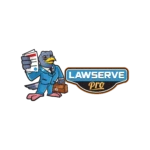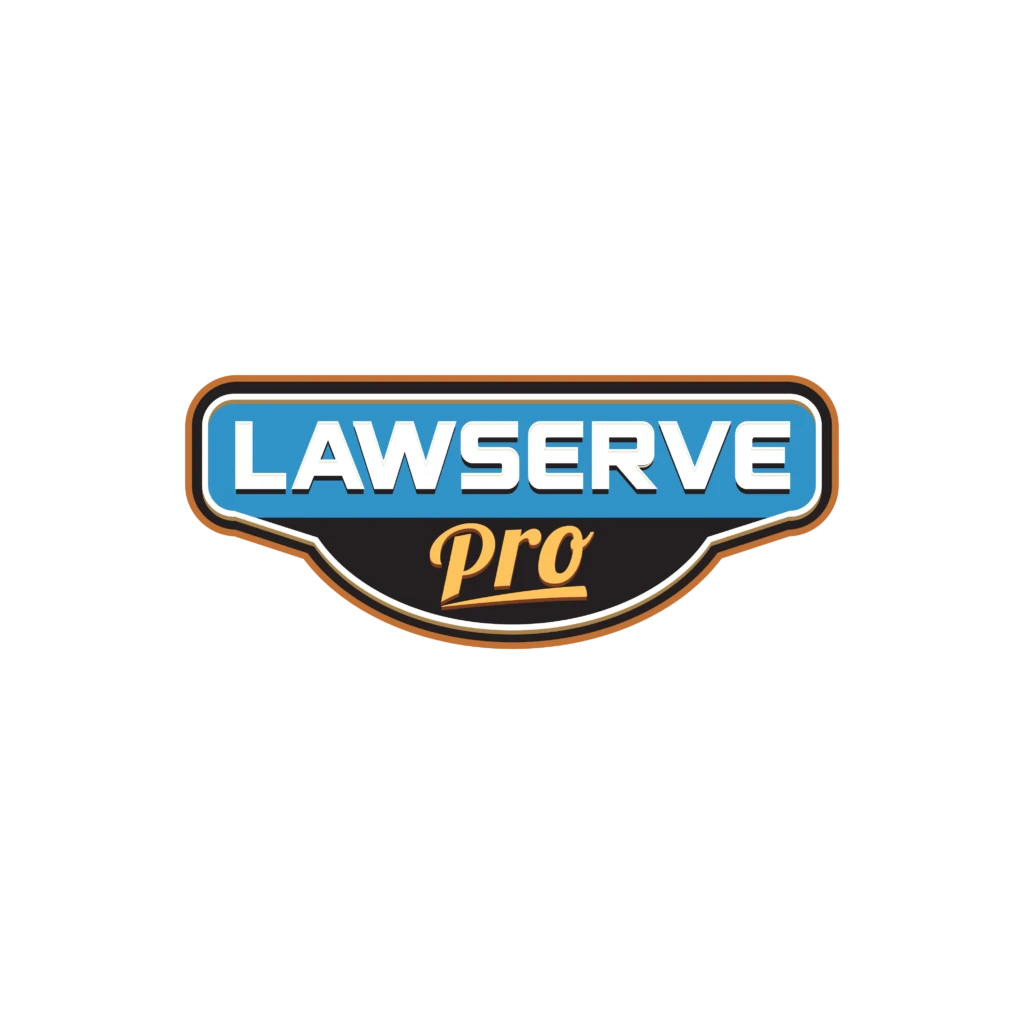What Happens When The Person I Served Says They Weren’t Served?
What Happens When The Person I Served Says They Weren’t Served?
When confronted with legal action, some persons would go to great lengths to evade receiving legal paperwork in the hopes of avoiding the repercussions of the action taken against them. It’s just not true. It’s critical to realize that refusing to be served with court papers does not end the case against you and may even have unfavorable effects.
What does “serving the defendant” mean?
When you file your case, you must formally notify the defendant that you are suing them. You accomplish this by having someone deliver a copy of the completed paperwork to them. This is called service.
Serving occurs when another person (known as a server) delivers a copy of the filed papers to the defendant. Typically, this is accomplished by hand-delivering the papers to the defendant. The defendant does not have to sign or do anything. The server simply leaves the papers with them. This is referred to as personalized service.
What does it mean to refuse to accept service?
It’s not unexpected that people who are in legal problems, going through a divorce, or on the verge of foreclosure go to tremendous measures to evade process servers. They might never answer the door, or they might answer it and then argue that it belongs to someone else. Others could hole up in a family member’s house or hide in the closet until the process server departs. While these steps could be effective in stopping personal service, they will have no effect on stopping lawsuits from being filed against them. Avoiding being served with a process is not against the law, but it is rarely beneficial. It almost always leads to lengthier and more costly legal battles, and in certain instances, it may result in judgments and orders from the court issued without your awareness. The individual who refuses to be served may be held responsible for any additional costs and fees incurred as a result of their actions, such as numerous service charges for unsuccessful process server attempts.
Do not try to escape being served.
People who try to evade the procedure typically believe that legal action against them must begin with personal service. There is no truth in this at all. Even in situations where personal service is not performed, there is typically a means to move forward with the tasks. Before using substituted service, the majority of jurisdictions demand that many attempts be made to serve the defendant in person. Before papers may be mailed to the alternative service address or left with a suitable adult at the defendant’s home or place of employment, they must be suitably recorded, including the dates, times, and places for service.
In certain states, court records may also be sent and displayed at the defendant’s home, place of business, or even on their car’s windshield. It’s typical to refer to this kind of service as “nail and mail.” Certain states require that marital actions be started by “personal service only,” however where it is clear that the defendant is aware of the action, the court will coerce the parties into acknowledging appropriate service or risk charging them for further attempts.
There is no legal prohibition against lying to a process server while you are receiving legal paperwork. There could be repercussions, though, if the court discovers that you lied. The court has the authority to declare you in contempt of court and to apply penalties. Penalties and/or jail time may be part of these sanctions. It is advisable to consult with an attorney if you are unclear about what to do after receiving legal paperwork.
Defendants who refuse service run the risk of giving up their legal rights.
The biggest reason to avoid trying to dodge legal papers is because doing so may result in the loss of your legal rights, which could have far worse effects than the actual cases. A judgment could be brought against the defendant even though they believe they have gamed the system by not getting served. This might occur because they were unaware that they were being served by “nail and mail” or substituted service while they were hiding. The judge may enter a default judgment against them after the deadline for defending the action has passed.
They will now be liable for any expenses incurred in trying to find them and provide the services, as well as for paying the legal fees and other costs involved in trying to get the default decision overturned. They might eventually be responsible for the default judgment, the investigation’s expenses, and legal fees. They would have been far better off using their resources to try to have the case against them dismissed or to defend against the causes of action contained in the civil action against them rather than avoiding service.
How can process servers help you to serve papers to defendants who are avoiding being served?
Defendants who “go underground” in order to evade service are liable for the expenses incurred by skip tracing and investigation as a result of their evasive behavior. Skip tracing is a strategy used by investigators to find people who are missing from their last known place of employment or housing. Calling phone numbers and pounding the ground used to be the norm for skip tracing, but these days it’s more sophisticated and harder than ever to avoid lawsuits because investigators have access to advanced technology, including:
- Digital phone number databases such as the “Switchboard Nationwide Residential and Business Directory”;
- Auto records locators such as the National Independent Automobile Dealers Association (NIADA) database;
- GPS data;
- Credit Bureaus and Social media.
You can reach out to us at LawServePro if you need to serve any documents in any lawsuit. We know how to reach different types of people, even those who are actively avoiding service, thanks to our years of experience.
AGGRESSIVE AND PROFESSIONAL NATIONWIDE PRIVATE PROCESS SERVERS
Here at LawServePro, it’s our number one priority to make your job easier. Whether you need legal documents served, a foreign subpoena domesticated, or court documents retrieved, our expert team of professionals are ready to help. Call today for a free quote!
Account
Connect
National Headquarters
8482 Fort Smallwood Road
Suite B-110
Pasadena, MD 21122
8482 Fort Smallwood Road
Suite B-110
Pasadena, MD 21122
© Copyright by LawServePro 2021 | Web Design by Exo Agency
No products in the cart.

